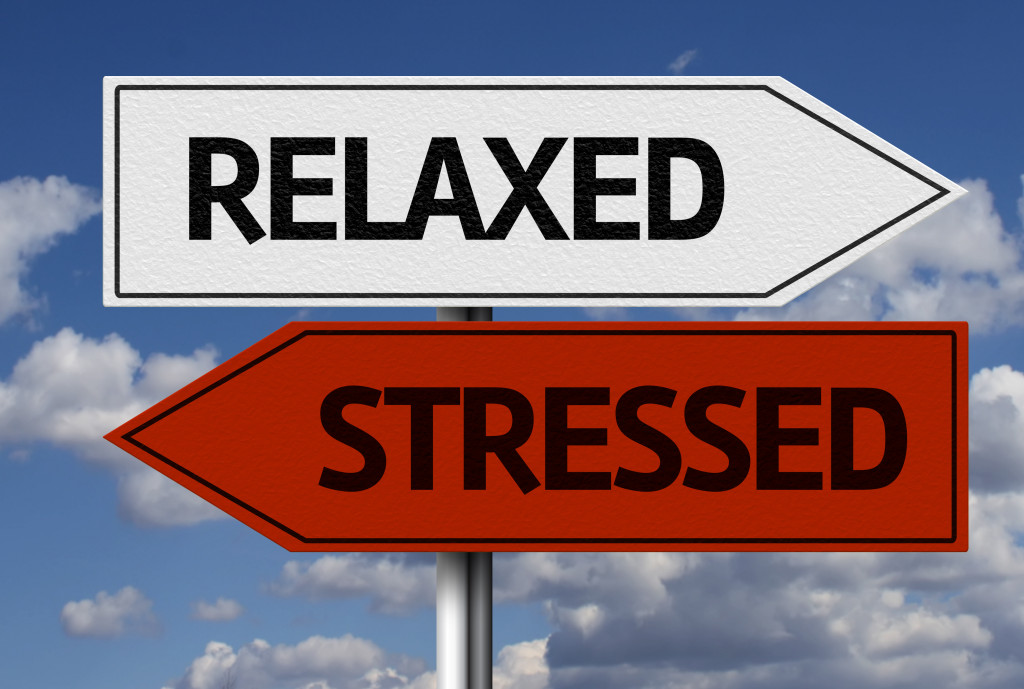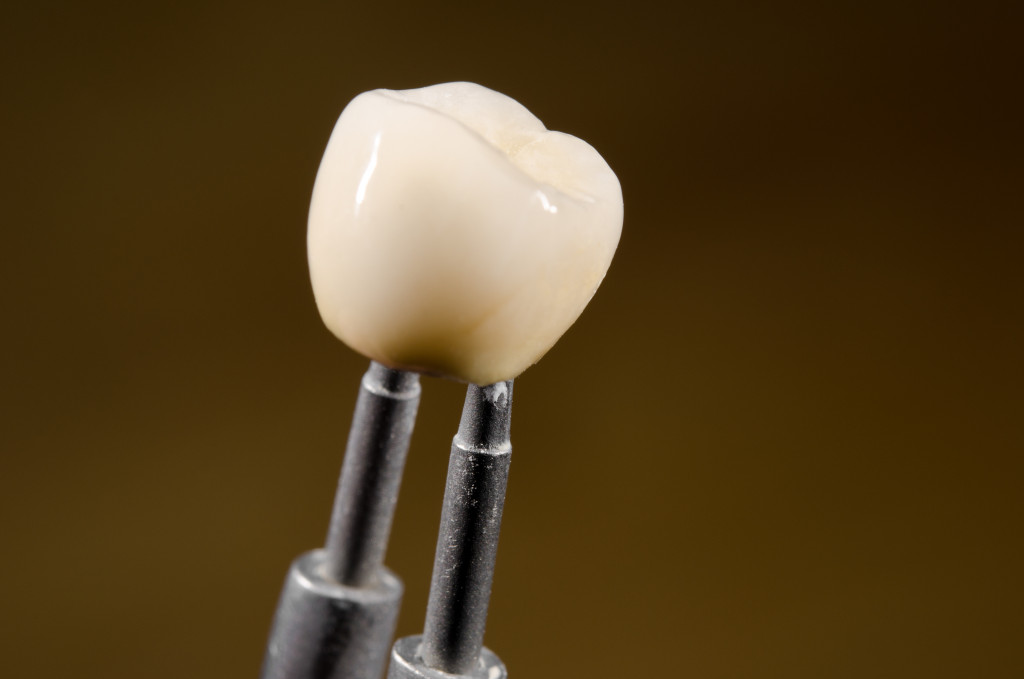Stress is common in the modern world. Most adults in the United States, for example, admit that they regularly experience stress. There are various factors that cause high levels of stress, including job security and pressure, financial problems, relationship problems, family issues, and health concerns.
Unfortunately, stress can affect many aspects of our lives. For instance, high levels of stress can lead to sleep difficulties that may lower the body’s resistance to disease and cause immune system irregularities. Stress may also take a toll on oral health.
Here’s how.
Teeth Clenching or Grinding
Do you notice that, when you’re stressed, you clenched your teeth? Others unconsciously react to stress by grinding their stress when they’re asleep.
This is called bruxism. Bruxism is a condition that involves the clenching and grinding of teeth. It is often a response to stress, and it can cause a lot of damage to the teeth. It can lead to tooth wear, gum disease, tooth decay, and even tooth loss. So it’s important to find ways to manage stress in order to protect our dental health!
You may not notice bruxism because you’re not aware that you’re doing it. However, you’d know that you have it by looking out for its consequences. These include pain in the jaw muscles, frequent headaches, tiredness and fatigue in the morning, tooth wear, tooth decay, and gum disease. If not addressed, it can lead to tooth loss.
Teeth, when lost, wouldn’t grow back. You would need teeth replacement procedures to recover your smile.
There are ways to address bruxism. First, you need to better manage stress by looking for ways to relax. For instance, try taking time for yourself with relaxing activities like listening to music or exercising.
Moreover, you can ask your dentist for nightguards to prevent or minimize the effects of bruxism. Nightguards are specially designed mouthguards that fit over your teeth. They help protect teeth from damage that results from clenching and grinding.

Poor Oral Hygiene
When stress overwhelms you, it may be harder to maintain good oral hygiene. You may neglect to brush your teeth, floss your teeth, or even regularly visit the dentist.
Indeed, many Americans skip their dental appointments due to job-related stress. So if you’re stressed out by work-related pressure, look for ways to manage your stress in order to protect your oral health!
The key is to find effective ways of dealing with stress that won’t harm our dental health. If not managed properly, stress can lead to serious damage in the form of periodontal disease and tooth decay.
This includes gum disease, which involves inflammation of the gums because of bacteria build up around the gum line. Gum tissue gets infected and swollen because the immune system tries to fight off bacteria, which damages tissue and bone that support teeth. Gum disease also makes it easier for the plaque on teeth to turn into tooth decay, a condition where acid is produced by harmful oral bacteria as they eat away at sugars left behind in the mouth after eating or drinking.
The best way to prevent this problem is to schedule and stick to your dental health routine. What’s more, you should also discuss your stress management strategy with your dentist.
Poor Diet
People who are stressed often crave unhealthy food, including sweet treats such as doughnuts and ice cream. These are bad for your teeth. In fact, they cause tooth decay.
Sugary food and beverage can lead to plaque formation, tooth decay, and enamel erosion. It can also lead to gingivitis (gum disease).
So, even if you’re stressed, you need to eat a balanced diet and avoid consuming too much food and beverages with added sugars. This includes sodas, fruit drinks, cookies, cakes, candy bars, and other dairy products.
Even drinking too much coffee could affect your dental health negatively. Thus, you should limit yourself to just a few cups a day. Instead of consuming sweetened beverages or coffee, drink plain water instead. It will get rid of the bacteria that feed off the sugar in your mouth, and it will help you prevent gingivitis.
In addition, when we feel stressed out and anxious, we produce more acid in the mouth that weakens our teeth and enamel. The best way to prevent this is by managing stress.
Stress has a huge impact on our dental health. So, in addition to regular visits to the dentist, brushing and flossing the teeth, and eating less sugary foods and drinks, it’s important to find ways of managing stress in order to protect your oral health.

